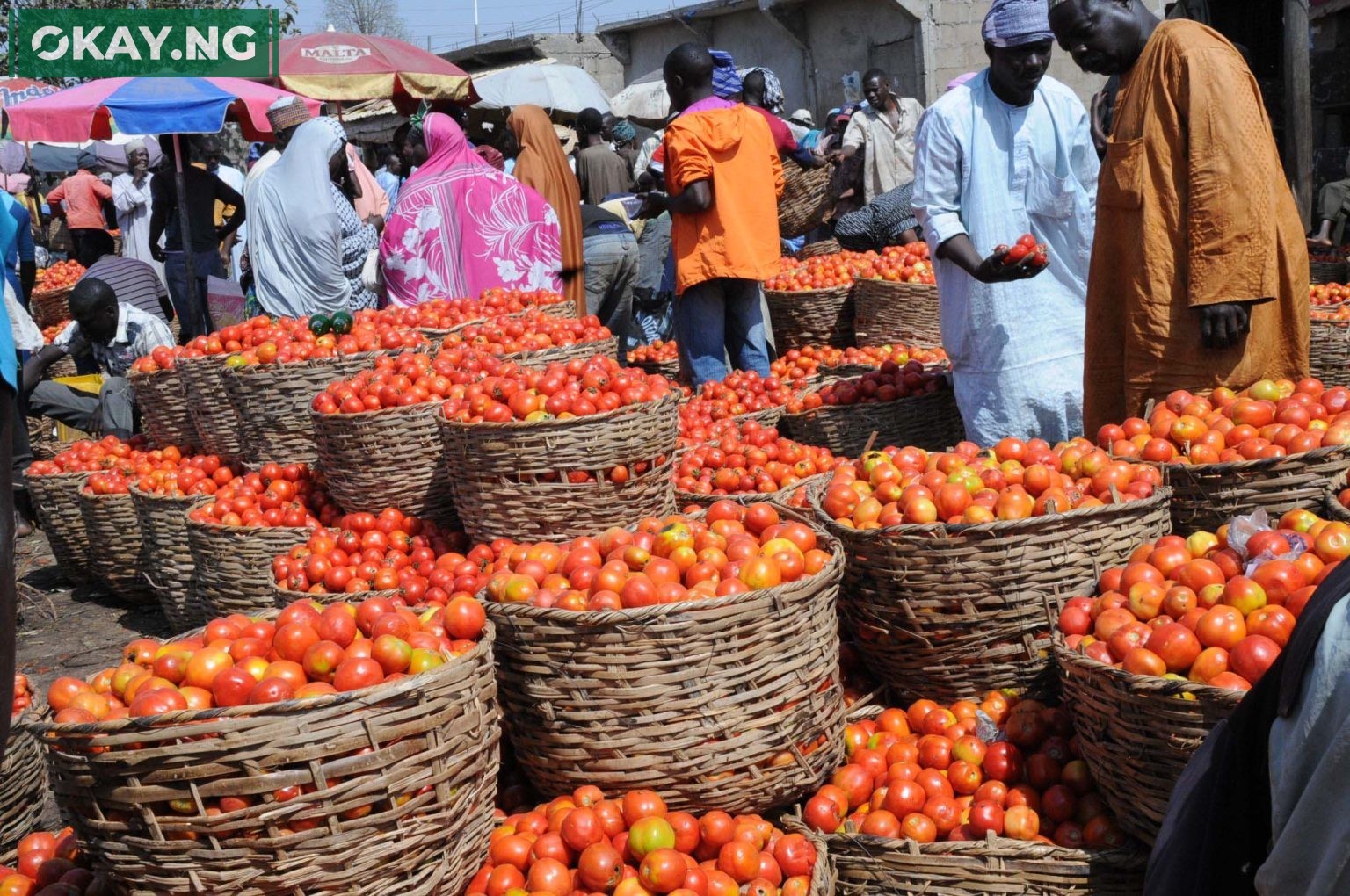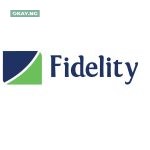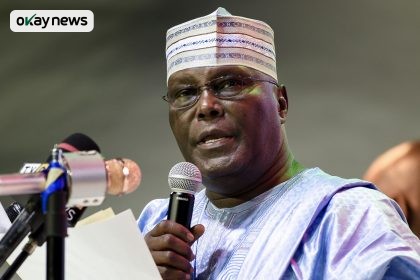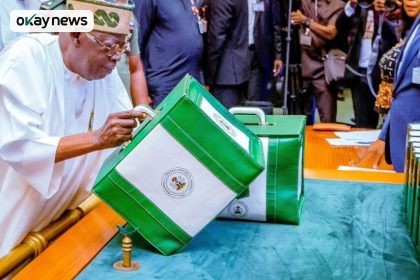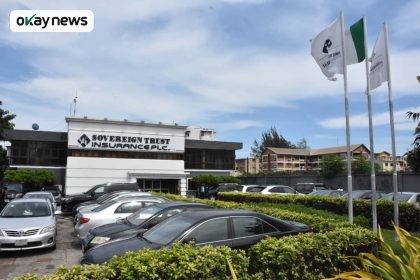A recent study conducted by Comercio Partners has revealed that more than 83% of Nigerians are encountering increased difficulties affording basic needs such as food, housing, and healthcare compared to the previous year. This survey, disclosed at the Comercio Partners H2 Macroeconomic Outlook event in Lagos, highlights a complex economic environment marked by contradictions between improving official data and the everyday experiences of citizens.
Dr. Ifeanyi Ubah, Head of Investment Research at Comercio Partners, presented the findings, emphasizing the disconnect between headline national statistics and the reality on the ground. While official figures indicate a cooling inflation rate, falling unemployment, and rising GDP, the public faces escalating costs, stagnant salaries, and limited opportunities.
According to the survey, an overwhelming 94.3% of respondents noticed increases in prices of goods and services they regularly purchase, with almost three-quarters (72.5%) reporting significant hikes. However, income growth has not mirrored these price changes; only 37.5% claimed salary increases, while nearly half (48.2%) saw no change, and 14.3% faced pay cuts.
These pressures have severely affected residents’ ability to meet essential expenses, with 83% reporting greater difficulty affording necessities than in the previous year. Skepticism toward official inflation numbers was evident, as 43% disagreed with government figures, and 69.6% deemed policy measures ineffective. Nevertheless, 64.3% remain cautiously optimistic about their financial prospects improving within a year.
Dr. Ubah remarked, “The survey’s grim insights… suggest that growth, as currently structured, is not a tide lifting all boats but a wave drowning many.” He further warned that despite projections placing Nigeria’s economy at a potential $13 trillion by 2075, this growth must be inclusive and data-driven to avoid “statistical triumphs” becoming “hollow.” Without bold and comprehensive policy reforms, Nigerian households risk deepening financial fragility.
Okay.ng reports this survey as a stark reminder that Nigeria’s economic recovery remains uneven and that policymakers face urgent challenges balancing growth statistics with lived realities.


